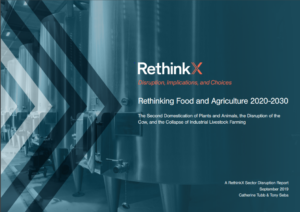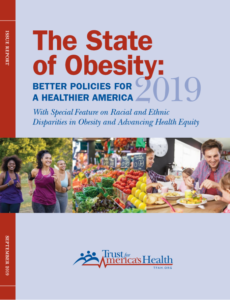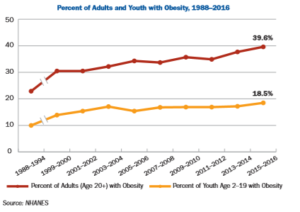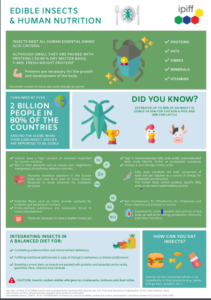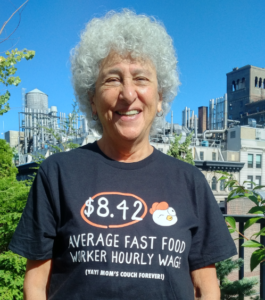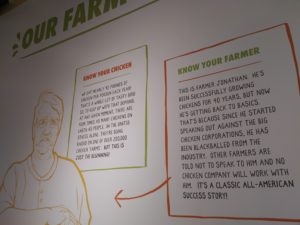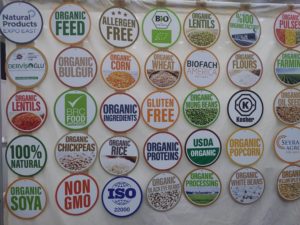The food industry’s view of healthy aging
NutraIngredients.com, a food industry newsletter published in the UK, has issued a collection of articles on healthy aging. This should give you a good idea of where products targeted to the elderly are headed.
- WATCH: How to target the ageing consumer: Despite seniors showing a strong interest in functional food and supplements, the number of products launched with senior claims in Europe does not reflect the population which means brands are missing out on a huge market, says Mintel… Watch now
- Never mind timing: This is the whey to muscle gains in ageing women : Whey protein can help ageing women gain muscle no matter when they take the supplement, say researchers… Read
- Blueberries aid healthy ageing, studies suggest: A collection of new studies further quantifies how blueberry consumption can contribute to healthy aging… Read
- First human clinical trial suggests anti-ageing benefits of pomegranate molecule: A first in-human clinical trial has suggested that dietary supplementation with Urolithin A, a pomegranate metabolite, could offer an anti-ageing benefit thanks to its impact on mitochondrial and cellular health… Read
- Could the gut-brain axis be key to fighting age-related cognitive decline? Modifying our microbiome with prebiotic fibres could help lower levels of brain inflammation and boost brain function during ageing, according to new research in mice… Read
- Calls for supplement uptake drive as vit D deficiency highest in adults aged 50+: More than a quarter of adults aged 50 and over are vitamin D deficient, say researchers, who urge supplement uptake and a mandatory food fortification policy as most effective in tackling deficiencies… Read
- Could faecal transplant effects on the gut microbiome be the key to healthy ageing? UK researchers have put forward a theory that links the enhancement of gut microbiome diversity with addressing age-associated symptoms to promote healthy ageing… Read
- Food for a ripe old age: Researchers develop nutrient-dense product for the elderly: A ‘yoghurt type’ product has been developed with the ageing population in mind. According to researchers from Lithuania, the food is nutrient-dense, fortified, and easy to swallow... Read

